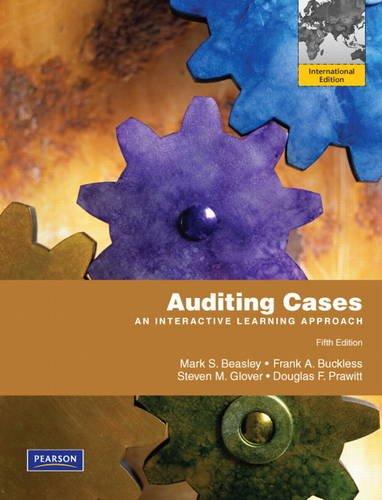2. Your employer offers a 401k that you can invest in as an employee of the firm. If you put in 3% of your pre-tax income (listed in question 1.a.), your employer will match 3%. Include the bonus in your total income. a. Assuming you put in the full 3% during your first year of employment, how much will your take home pay be reduced? In other words, what is the difference between your take-home pay without the 401k contribution (from part 1.b.iv.) and your take-home pay after a 401k contribution? b. If you contribute the 3% to your 401k and your employer matches, how much will you have saved in total in your 401K account for the year (counting your employer contribution and your contribution)? C. Assume now that you earn 8% per year on your total contribution (from part 2.b.), how much will that one year of savings grow into after 40 more years? d. How much would the account be worth if you contribute 3% per year, and your employer matches 3%, each year for 40 years (assuming you earn the same salary and 8% return)? Consider this question separately from part cand assume you are starting with a $0.00 balance. 2. Your employer offers a 401k that you can invest in as an employee of the firm. If you put in 3% of your pre-tax income (listed in question 1.a.), your employer will match 3%. Include the bonus in your total income. a. Assuming you put in the full 3% during your first year of employment, how much will your take home pay be reduced? In other words, what is the difference between your take-home pay without the 401k contribution (from part 1.b.iv.) and your take-home pay after a 401k contribution? b. If you contribute the 3% to your 401k and your employer matches, how much will you have saved in total in your 401K account for the year (counting your employer contribution and your contribution)? C. Assume now that you earn 8% per year on your total contribution (from part 2.b.), how much will that one year of savings grow into after 40 more years? d. How much would the account be worth if you contribute 3% per year, and your employer matches 3%, each year for 40 years (assuming you earn the same salary and 8% return)? Consider this question separately from part cand assume you are starting with a $0.00 balance







